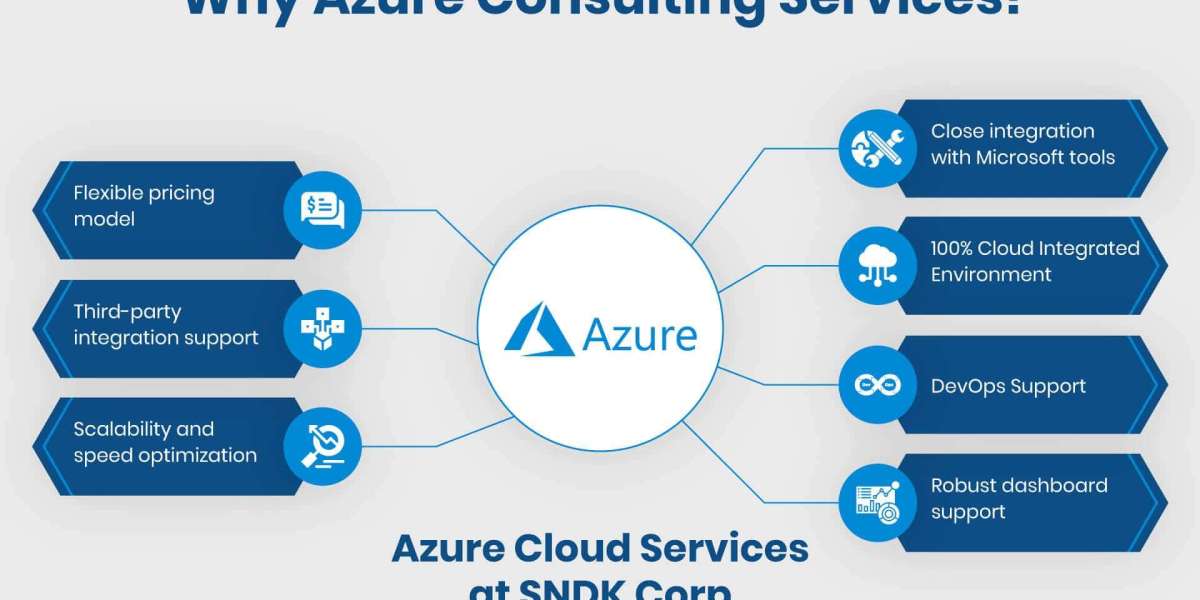Every year, thousands of people across the globe seek to travel, study, work or settle temporarily in France through the visa system administered by France‑Visas, the official portal of the French government. Understanding how this service works, the steps you must take, and the pitfalls to avoid can smooth the process significantly. Below is a detailed guide to French visa services that is useful for applicants from Pakistan or elsewhere.
What is the France-Visas Service?
France-Visas is the official entry portal for any visa application to France. It provides information about different visa types (short stay “Schengen”, long stay national visas, student visas, family reunification, work visas, etc.). On the portal, you can:
- determine whether you need a visa; find the list of required supporting documents for your nationality and purpose of travel;
- book an appointment for submitting your application and have your biometric data taken;
- track your application status and receive decisions.
In short, France-Visas acts as your gateway to start the procedure and understand the requirements, while the actual submission is often handled through a visa application centre or via the French consulate or embassy in your country.
Key Steps in the French Visa Service Process
Understanding the workflow is vital to avoid delays or rejections. According to the official site of France-Visas, the typical steps are:
- Determine Your Visa Type & Requirements
Use the online questionnaire to check the visa you need and gather the list of required documents. Prepare Your Application Online
Many countries allow you to complete the online application form (the “CERFA” form). Then you’ll receive a receipt. Make sure the printed version says not “DRAFT”. - Book an Appointment at the Visa Application Centre
After the form, you must book a time slot at a visa application centre (or consulate) in your country of residence. Biometrics (photo and fingerprints) are required for most applicants aged 12+ years.
For example: in Pakistan the embassy in Islamabad receives applications, and the consulate in Karachi is not competent for visa submissions. Attend the Appointment and Submit Documents
At the appointment you must bring all required documents (printed form, receipt, supporting documents, passport, photos, etc.). The centre collects your biometric data and forwards your application to the consulate for decision. Wait for Processing and Collect Your Passport/Decision
Processing is typically around 15 days for short-stay visas, but can take up to 45 days or more in special situations. - Receive Your Visa
If approved, you receive your passport with the visa sticker; if refused, you will be given a refusal letter with reasons.
Types of Visas & What They Mean
The visa services cover several categories:
- Short-Stay (Schengen) Visa: For travel up to 90 days in a 180-day period (tourism, visiting friends/family, short business trips).
- Long-Stay National Visa: For stays beyond 90 days (studies, work, family reunification, residency)
- Special Purpose Visas: Student visas, internships, medical treatment, etc.
Your choice of visa type will determine your documentation, fee, and processing time. Make sure you pick the correct category, as applying in the wrong category may lead to rejection.
Fee Structure & Service Providers
Applying for a French visa involves not just the visa fee (paid to the French authorities), but in many countries also a service fee for the external application centre (e.g., VFS Global, TLScontact, Capago International). For example:
- According to France-Visas, the service provider may charge up to €45 in addition to the visa fee. In Algeria, a new service provider Capago will take over in 2025, promising simplified processes. Important to note: service fees are non-refundable even if the visa is refused.
Challenges & Practical Tips
Despite the structured process, many applicants experience difficulties. Here are a few common issues and tips to navigate them.
- Booking Appointments is Getting Harder
In several countries, applicants report that visa slots (appointments) are booked very quickly, and external agents may monopolize slots or resell them for a high price. For example, in Algeria “almost impossible to secure French visa appointments”. Tip: Try booking early (as soon as you submit your application online). Check regularly and consider weekdays with fewer people. Avoid being dependent on “agents” who claim to secure slots at high cost. - Document Completeness Is Crucial
Missing or incorrectly prepared documents are one of the top reasons for refusals. The France-Visas portal explicitly states that if your appointment day you arrive with documents missing or your receipt says “DRAFT”, your application can be refused. Tip: Go through the document checklist carefully. Print the final receipt. Bring originals + copies. Ensure the form is not marked “DRAFT”. - Timing and Processing Delays
For applicants from Pakistan, for example, the site states short-stay visas require at least 15-20 days after the interview, and long-stay often 30 days or more. Tip: Submit your application well ahead of your planned travel (ideally 2-3 months ahead for long stay). Avoid last-minute bookings. - Beware of Frauds & Non-Official Agents
The portal warns about fake sites or “companies that claim to offer assistance in obtaining French visas”. Some users have reported paying large amounts for appointments or assistance that turned out ineffective.Tip: Always use official portals (france-visas.gouv.fr) and the recommended application centres. If using an agency, verify their legitimacy carefully.
What to Do If You Are in Pakistan (or Similar Jurisdictions)
If you are applying from Pakistan, a few additional country-specific points apply:
- According to the Pakistan country page on France-Visas: The visa decision is made by the French Embassy in Islamabad.
- You cannot submit your visa at the Consulate General in Karachi for certain categories. Biometric data is mandatory for applicants aged 12+ years
- Applications should not be submitted more than 6 months before departure. If you are in Gujranwala, Punjab (like you are), you would need to check which visa application centre (VFS or partner) the French Embassy uses for your region, book your appointment accordingly, and ensure you can travel to Islamabad (or the designated location) for the appointment and biometrics.
Why the French Visa Service Process Matters
The visa service process isn’t just a bureaucratic hurdle — it serves several important purposes:
- Security & Immigration Control: France, like other Schengen countries, needs to ensure that applicants meet entry criteria, will respect visa conditions, not overstay, and pose no security risk.
- Fairness & Transparency: A clear process helps reduce corruption and ensures applicants know what is required of them.
- Efficient Resource Management: The external visa application centres help handle large volumes of applications, take biometric data, and forward decisions to consulates — allowing resources to be focused on decision-making rather than processing.
- International Cooperation: As part of the Schengen area, France’s visa service must cooperate with other European states on shared rules, data, and ensuring the integrity of visa-issuance.
Final Thoughts & Best Practices
For anyone seeking a visa to France, here are key take-aways:
- Use the official France-Visas service portal for up-to-date information.
- Choose the correct visa category and purpose — you cannot correct it later easily.
- Start early: gather documents, book appointment, plan for possible delays.
- Ensure your online application is final (not draft) and all required documents are complete.
- Book your appointment through authorised visa application centres — keep your receipt and proof.
- Bring originals + copies, be on time, and have your biometric appointment ready.
- Track the status of your application and plan for collection of your passport.
- Avoid third-party “slot-reservation” services that charge high fees and may not add value.
- If you are in Pakistan (or your country), check the local consulate/embassy rules and centre partner details (which may differ by region).
- Be aware of additional fees (processing + service) and know they are non-refundable in case of a refusal.
- Prepare for possibility of delays; avoid scheduling your travel so close to your submission that you risk not having the visa in time.
In short: the French visa service process is robust, globally standardised, and transparent — but it demands careful preparation and early action. Following the steps, understanding the requirements, and being realistic about timelines will greatly improve your chances of a smooth experience.



